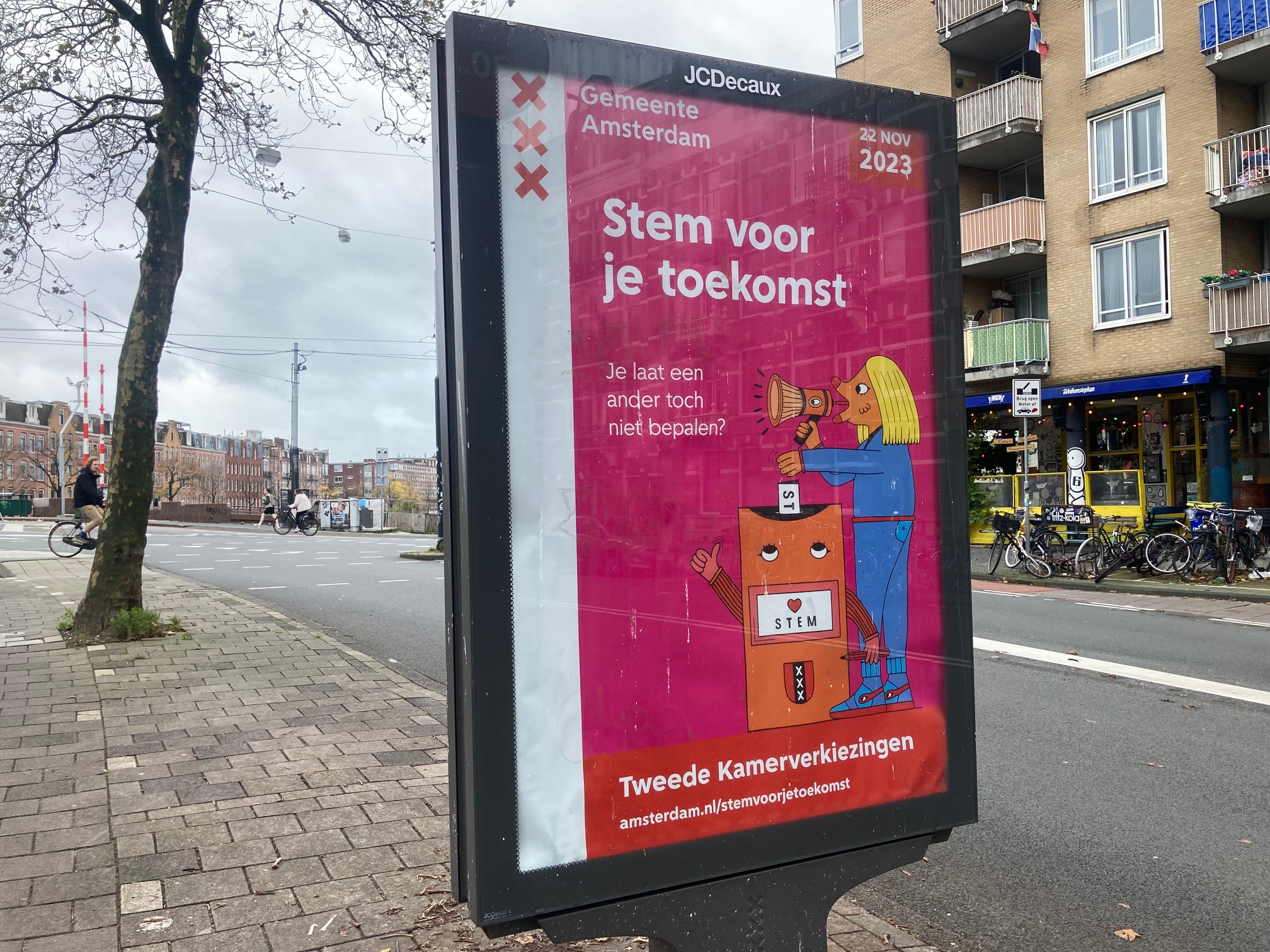Crisis? What crisis? Why do we have to wait five months to vote?
Robin Pascoe
The Dutch government collapsed on June 4 but, it seems, we have to wait until October 29 to vote for 150 MPs representing goodness knows how many parties who will then go on to form a new administration.
That’s 21 weeks, or almost five months.
The time is needed, according to the electoral council, to make sure local authorities have enough time to organise everything, to find and train volunteers to run the polling stations and count votes.
Then the parties themselves have to put together lists of potential MPs, draw up a manifesto and organise a party congress to approve it. Except for the PVV, whose only party member, Geert Wilders, can write the manifesto on the back of an envelope, pull the list of candidates from a tombola and spend the rest of the time heckling his rivals on Twitter.
Dutch nationals living abroad must also be given enough time to cast their ballots and make sure their votes are actually counted – after the problems of the past few years.
And of course, there are the summer and the autumn holidays to take into account. For some reason the seven-week summer break and one week off in October mean everything, including political processes, grind to a halt.
One thing that emerged during Wednesday’s debate on the crisis was the need for speed. Party leader after party leader – whether part of the coalition or the opposition – stressed that action has to be taken now. The previous coalition has achieved nothing, they said, but we need to take urgent action to solve the pressing problems facing the country.
You would think that if the Netherlands is in such a precarious position, party leaders would be ready to capitalise on a cabinet collapse that everyone could see coming since ministers were sworn in 11 months ago.
You might also imagine that lists of potential candidates have already been drawn up and that manifestos are ready to go.
And given we have had two elections in the past five years, local councils should be pretty clued up on what they have to do, have their lists of who can vote at the ready, and have been keeping their lists of volunteers up to date.
You’d think that with the internet, Dutch nationals abroad – all one million of them – would be able to take advantage of a quick, easy and secure voting system to make sure their votes are counted rather than rely on the vagaries of snail mail.
And you would think that if we really are in such a hurry, that holidays could be sacrificed just this once, to make sure that we have a working government as soon as possible.
New ministers
In the meantime, it seems as if new ministers will be appointed to do the jobs which PVV ministers – five full and four junior – were doing.
These PVV ministers, by the way, are all entitled to a nice fat pot of unemployment benefit – called wachtgeld or waiting money – which gives them 80% of their €205,991 salary as a minister for one year and 70% for two more. Their replacements will get the same deal.
But the wheels of government have to keep turning even through in the past four and a half years the Netherlands has been more often without an active government than with one.
Five years
On January 15, 2021, the third government led by Mark Rutte collapsed two months early. Since then, we’ve had two more governments who have been in power for a total of 26 months. We’ve had caretaker governments for 27. It’s a staggering figure which highlights the total lack of stability in the current system.
In the meantime, we have to wait five months for a general election and goodness knows how long after that to actually form a new coalition and draw up policy.
In other words, by January 2026, the Netherlands will have been ruled by a caretaker coalition for coming up to three of the past five years. It’s enough to make you want to claim asylum in a stable democracy, like Italy, perhaps.
Thank you for donating to DutchNews.nl.
We could not provide the Dutch News service, and keep it free of charge, without the generous support of our readers. Your donations allow us to report on issues you tell us matter, and provide you with a summary of the most important Dutch news each day.
Make a donation